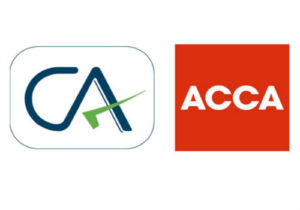The best way to differentiate CIMA with ACCA is discussing their focus or the courses they offer. First, the subjects that both CIMA and ACCA cover, these are: Financial Accounting, Financial Reporting, and The Principles of Taxation and Ethics. Trying to compare the syllabus all will just depend on the manner of discussion and instruction. Second, ACCA makes a detail discussion of External Audit and Advanced Taxation; while CIMA focuses on Operations Management. Lastly, the topics covered by CIMA are Management accounting, Project management, Management of relationships, and Management control systems.
This is one reason why they offer qualification exams – to check your field of interest. And just like any professional fields CIMA and ACCA will give you two paths of whether you want to be a specialist (CIMA) or someone knowledgeable about the general concept (ACCA).
Both will prepare you for a brighter future and guarantees success as they give a hand and support from training sessions, certification, and the membership perks. Globally recognized, and they open numerous opportunities, you can work in any settings and your qualifications will fit right in. As graduates of those programs, all you need to decide then is where and who you want to work for.
Following are key Difference Between CIMA vs ACCA
| CIMA | ACCA | |
| Denote | Chartered Institute of Management Accountants, offers certification in management accounting and relevant subjects. | Association of Chartered Certified Accountant, a professional body worldwide |
| Goal | Focus on strategic management and business skills so that accountants can formulate business strategies, determine which information is required by management, assess information to make business decisions, and apply various accounting techniques in budgeting and planning. | Offer a diversified qualification for professionals who seek professional growth and have the ability to pursue their career in management, finance and accountancy. |
| Motive | Practice objectivity and independence in making professional decisions | Work with professional bodies, governments, employers and regulators to establish an accountancy profession worldwide. |
| Exam Structure | Examination held in May and November every year | Examination held twice a year worldwide every June and December |
| Career | Pursue in strategic based roles in business and industries. | Career path in audit and taxation or financial expert. |




